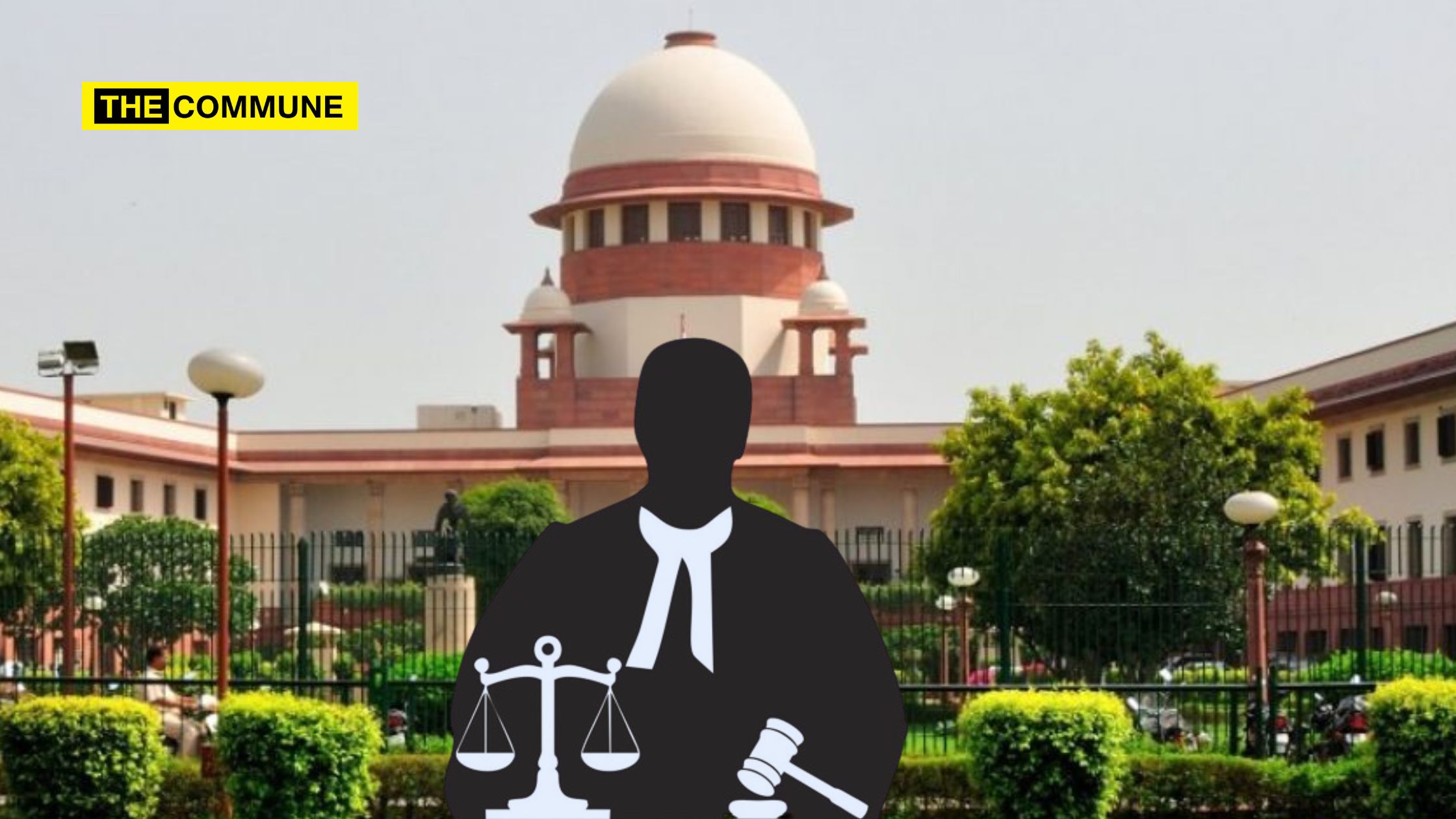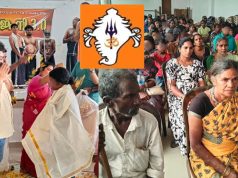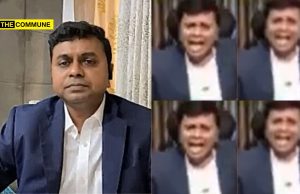
On 16 April 2025, the Supreme Court voiced concern over the inclusion of non-Muslim members in Waqf boards during a hearing on the constitutional validity of the Waqf (Amendment) Act, 2025. Petitioners challenging the amendment argued that such provisions interfere with the Muslim community’s right to independently oversee and manage its religious and charitable institutions.
Chief Justice of India Sanjiv Khanna posed a pointed question to Solicitor General Tushar Mehta, asking, “Are you now suggesting that Muslims should also be appointed to Hindu endowment boards? Please state that clearly.” His comment highlighted the perceived inconsistency in allowing cross-religious representation in religious bodies.
The bench raised the issue of whether non-Muslims should be involved in Waqf-related decision-making, especially since the reverse scenario does not occur in Hindu religious institutions. The Chief Justice noted that under the current framework, most Waqf board members are Muslim—eight out of ten—leaving minimal representation from other communities. He questioned why similar inclusivity wasn’t considered for Hindu religious boards.
The Chief Justice asked, “Tushar Mehta, are you suggesting that members of minority communities, including Muslims, will now be permitted to serve on the Boards or Councils of Hindu religious or endowment bodies? If so, please state that clearly and openly.”
When the Solicitor General implied that, by the same reasoning, the judges themselves should not hear the case, the court reacted strongly. Chief Justice Khanna responded sharply, stating, “When we sit on this bench, we leave our religion at the door. We serve all equally. Comparing judges to board members is not appropriate.”
Justice KV Viswanathan also weighed in, pointing out that understanding the internal workings of mosques—such as access routes—may require familiarity with the space, reinforcing the need for community-specific representation. Mehta countered that such logistical matters could be handled by the Charity Commissioner.
The three-judge panel, comprising CJI Sanjiv Khanna, Justice Sanjay Kumar, and Justice Viswanathan, is set to resume the hearing on Thursday.
Background
The Supreme Court is currently examining a set of petitions that challenge the Waqf (Amendment) Act, 2025. A key concern is the introduction of non-Muslim members to Waqf boards, which critics argue undermines the right of the Muslim community to manage its religious properties and institutions.
Another contentious issue is the legal treatment of historic mosques that were established through long-standing community use rather than formal documentation like sale deeds. The Court highlighted the difficulty in reversing Waqf status for such centuries-old properties.
As a temporary measure, the Court has ruled that any property recognized as Waqf by a court cannot be removed from that designation while the case is ongoing. It also suspended the provision that barred properties under investigation by the District Collector from being considered Waqf during that time. The Court emphasized that all appointed Waqf board members must be Muslim, apart from those holding positions ex officio.
(With inputs from India Today)
Subscribe to our channels on Telegram, WhatsApp, and Instagram and get the best stories of the day delivered to you personally.




